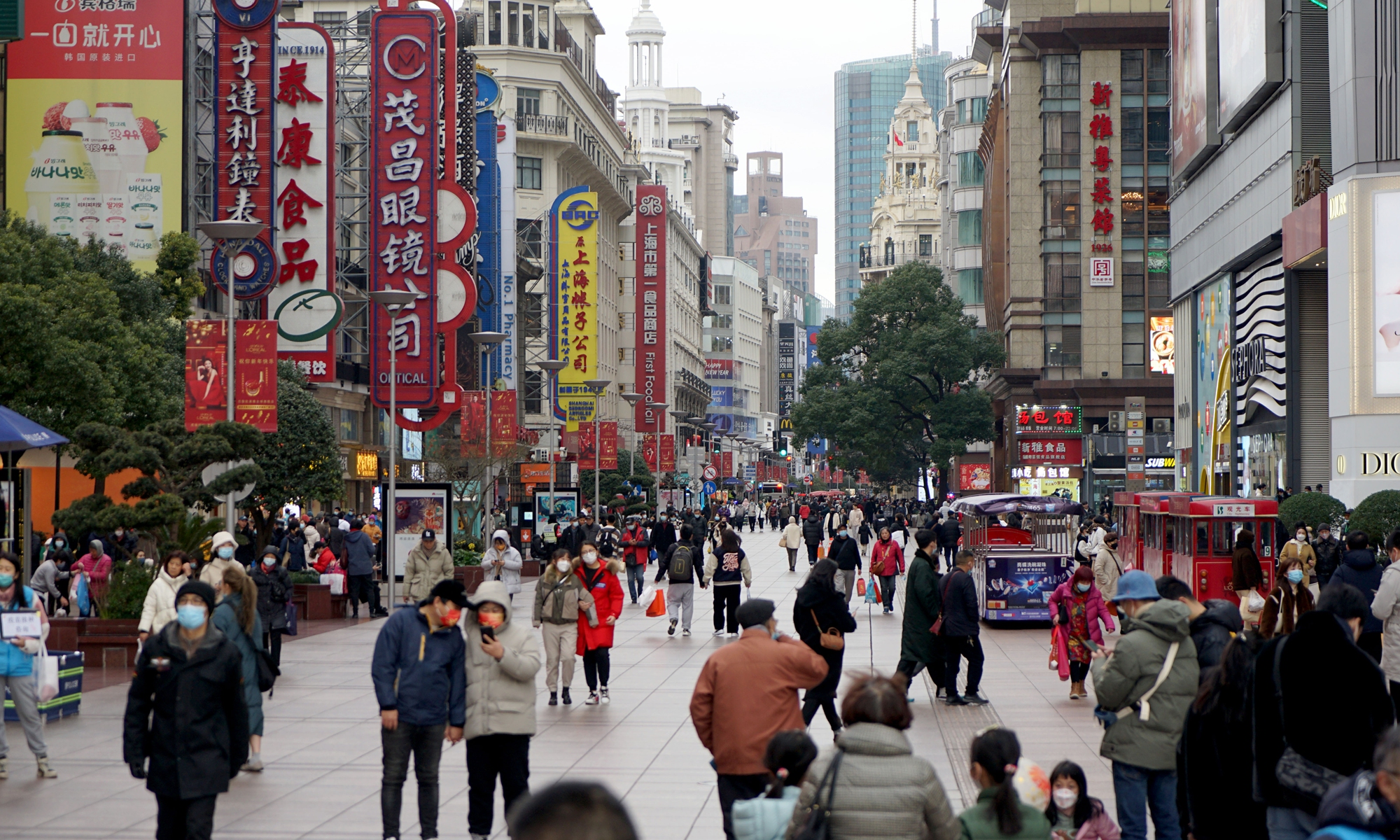-
17727404026


International express service company tells you China rejected suspending business or extending the closure for catering, supermarkets, scenic spots and cinemas without policy support or an epidemiological survey on Friday in a move to stimulate the services sector crippled by the epidemic.
Thirty-one supportive measures were announced on Friday to shore up catering, retail, tourism, railway/road transportation and civil aviation - five industries that bear the brunt of the pandemic's economic onslaught which are major job generators.
The measures were part of 61 policies announced on Friday as the government seeks to shore up consumption, a weak point in the Chinese economy and a factor that could drag down growth in the vital first quarter that will set the tone for economic growth for the world's second-largest economy, analysts pointed out.
Officials in localities designated as medium- or high-risk COVID-19 areas were told not to extend closures for services venues such as cinemas than what is required by the central government. Cutting off traffic and imposing lockdowns without the approval of the Joint Prevention and Control Mechanism of the State Council will also not be allowed in response to market participants' call for scientific, precise and targeted containment measures.
Small- and micro-sized services companies and self-employed people located in medium- or high-risk COVID-19 areas will receive a 6-month cut or exemption in rent if they leased houses from state-owned entities. To make sure the policies are carried out, state-owned entities will be compensated in their appraisal by the state-asset watchdog.
Li Changan, a professor at the Academy of China Open Economy Studies of the University of International Business and Economics, told the Global Times on Friday that the policies are closely focused on boosting the economy, consumption in particular, as China tackles the so-called triple pressure from shrinking demand, supply shocks and weakening expectations.
The Chinese economy has seen marked slowdowns in the fourth quarter of 2021 amid a resurgence of the epidemic. Coupled with a stellar economic growth in the first quarter last year, the pressure of maintaining decent economic growth for the January-March quarter this year is putting pressure on the desirable whole-year growth for 2022 at around 5 percent.
China's GDP grew by 18.3 percent year-on-year in the first quarter of 2021, the fastest in three decades, but has since receded. In the fourth quarter, growth was only at 4 percent.

"As consumption is the largest driver for economic growth, there is every reason to beef up its growth momentum," Li said.
Some say the policies are also about confidence.
"While weaker box office revenues go beyond weaker attendance, and the road toward normalization is long, today's government policies reminded me that we are not forgotten," a movie industry insider told the Global Times on Friday. In 2021, the industry posted an annual growth of 132.6 percent year-on-year, but box office revenues were still 27 percent lower from pre-virus levels in 2019.
"We have more reason to stay," the insider said.
The policies were rolled out following a State Council Executive Meeting that called for relief measures to stabilize industrial growth and lift services. Eighteen policies were announced to boost the industrial sector, as officials have identified an unsteady recovering trend, even as the sector registered stellar growth in the fourth quarter last year.
China's consumer price index (CPI) rose 0.9 percent year-on-year in January, slower than the one percent rise expected by the market and fueled worries over weak consumption and some experts urged more stimulus.
China will continue to ease the burden of taxes and fees on businesses in the services industry, NDRC said, noting that taxpayers in manufacturing and consumer services will continue to benefit from a 10 percent and 15 percent tax reduction scheme in 2022.
Twelve Chinese government agencies also said on Friday they will enhance efforts to stabilize prices for iron ore and fertilizers and other raw materials. Commodity prices are to be better monitored.
However, the Chinese economy is still on a healthy track both in terms of global ranking and the means and resorts available to the Chinese government especially in the use of special bond and the construction of a large number of major projects, analysts said.
Local governments across China are scrambling to build infrastructure projects after the 2022 Spring Festival holiday, with 12 provinces and municipalities in China having announced as of Wednesday a total of 16,079 key investment projects for 2022, with total investment of more than 25 trillion yuan ($3.95 trillion), according to the Securities Daily.
Global Times